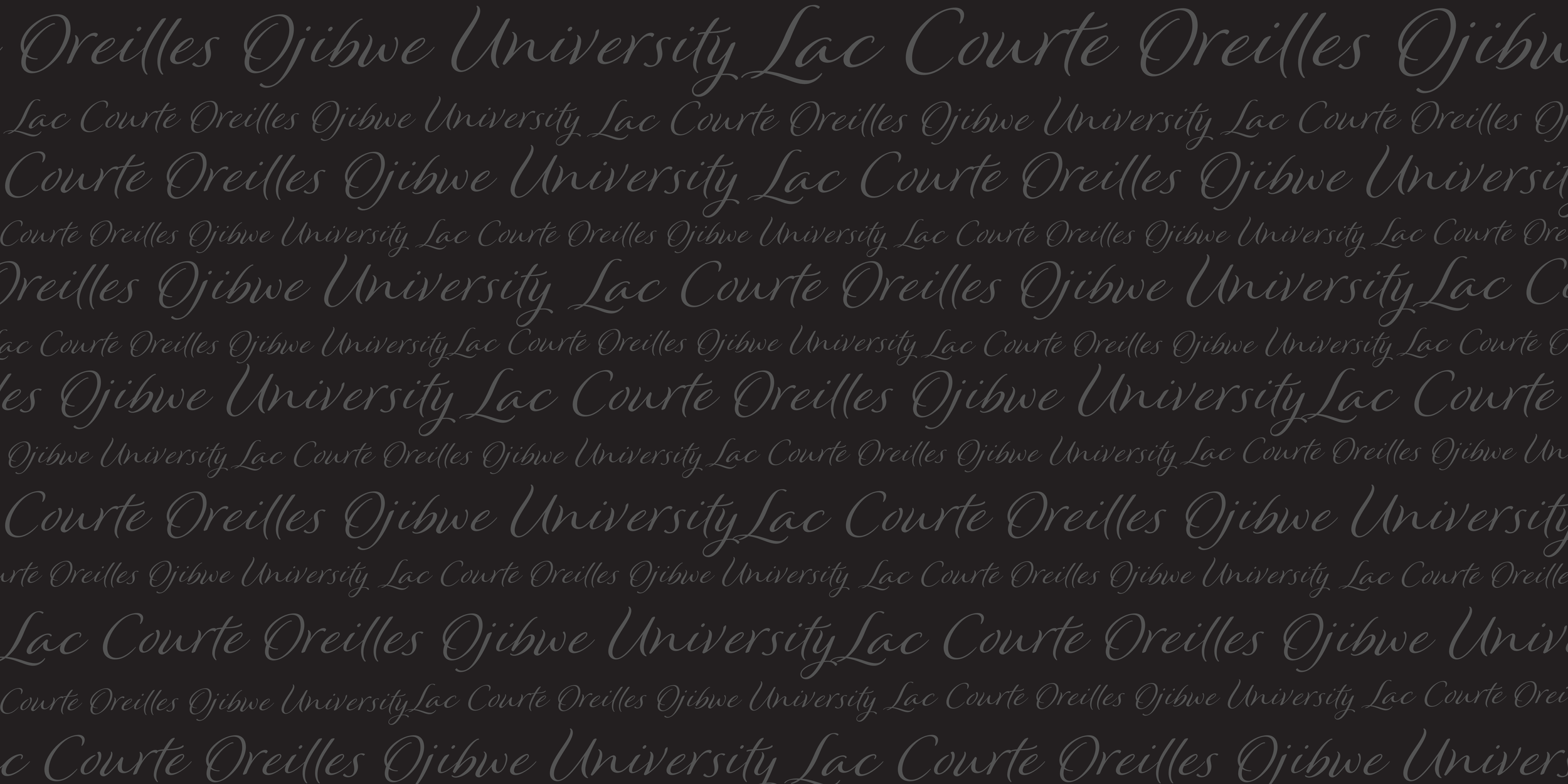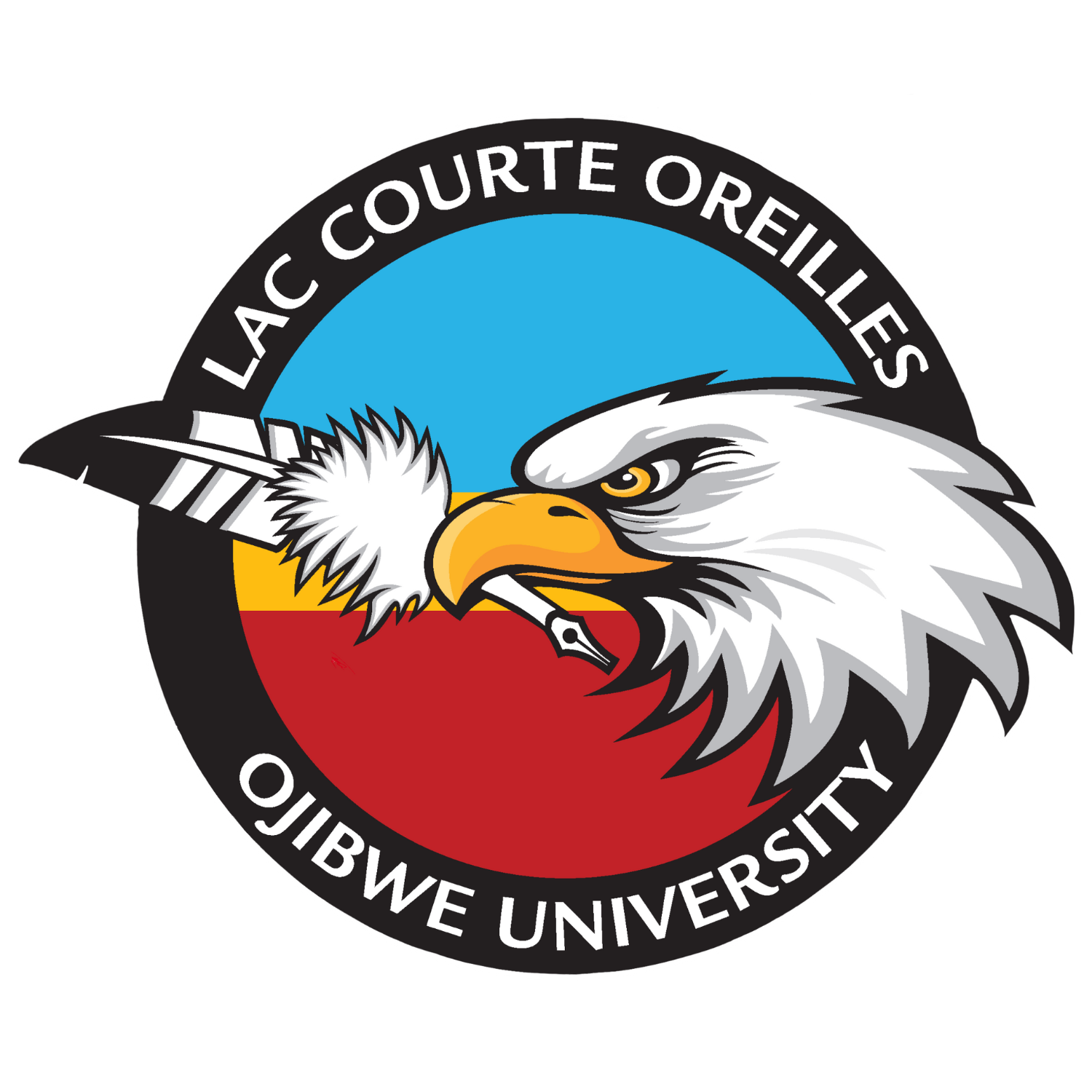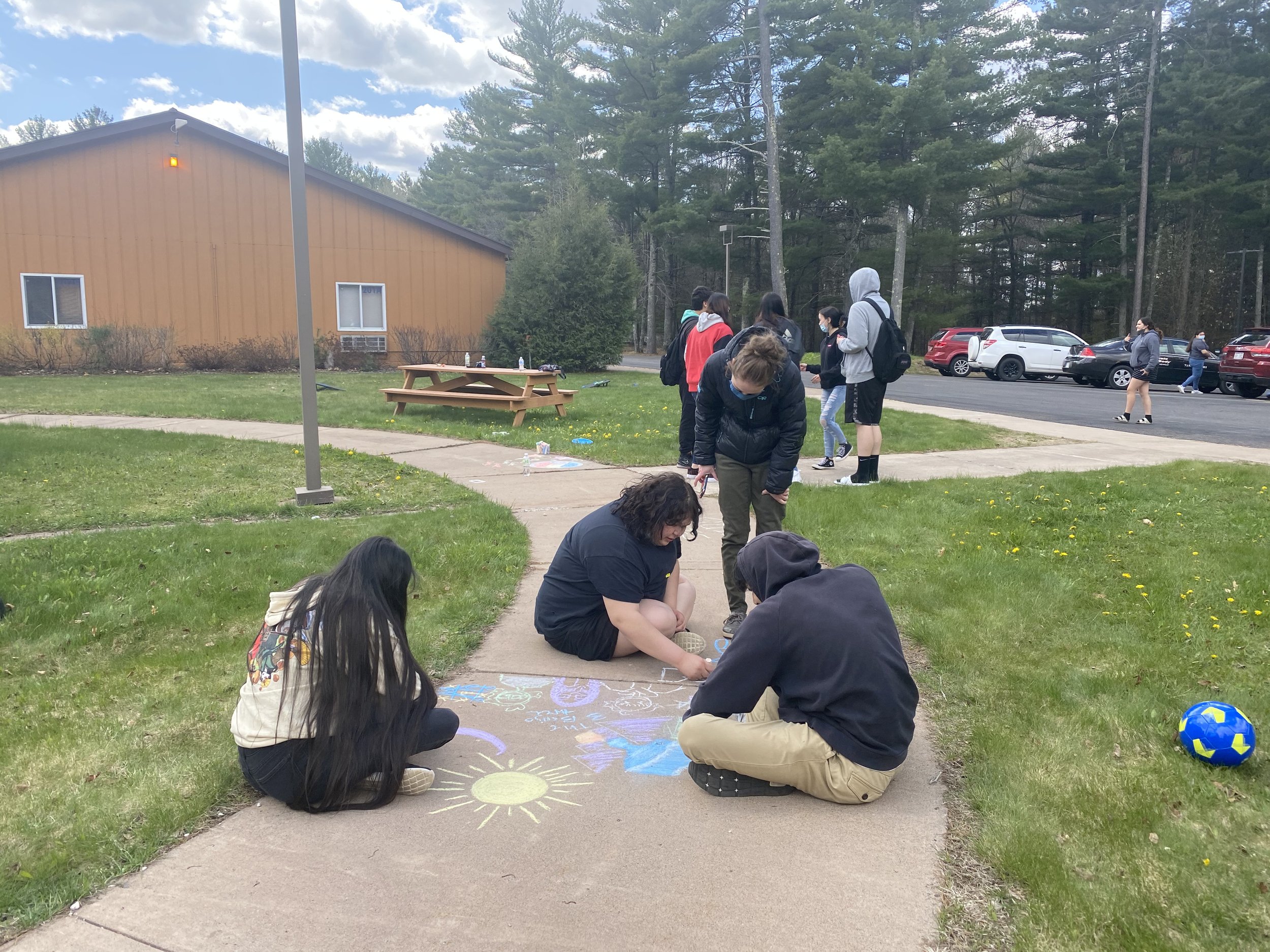Human Services
The Human Services Program is designed to educate and prepare graduates to fulfill a wide range of family and individual needs in a variety of human service settings, especially in and around Tribal communities. The program combines liberal arts education, human services/mental health care courses, and practicum courses. Information is presented in the classroom setting and through field placements in supervised program experiences.
NOTE: In order to graduate, LCOOU Human Services students must have a 2.5 GPA in the program.
-
The Master’s of Human Services degree at LCOOU prepares students to affect real change in Tribal communities and beyond, providing skills necessary for leadership roles in human service organizations. Students will integrate theory and practice to gain advanced knowledge of human service systems and delivery of services, applying values and standards of the profession to lead organizations and enact community change.
Upon successful completion of the program requirements, graduates will:
Exercise leadership skills to identify and promote organizational, human resource, and fiscal developments of human service organizations.
Demonstrate knowledge of social and human conditions that promote or inhibit effective human services systems, policies, and intervention outcomes.
Apply legal and ethical standards in the delivery and administration of services.
Analyze and interpret data to develop effective advocacy and social justice strategies.
-
Program Outcomes
Students who successfully complete the Bachelor’s Degree in Human Services will:
Use inclusive practices with diverse, underrepresented and vulnerable groups in society throughout a variety of local, regional and global human service settings, particularly empowering practice with Native and other diverse populations.
Apply ethical and principled decision-making guided by the values and standards of the social work profession.
Advance social justice principles in practice situations.
Engage as lifelong learners, to maintain competence and stay current with best practice.
Champion social justice and change through generalist social work activities with local, regional and international constituencies.
-
Program Outcomes:
Students who complete the Associate of Science in Human Services will learn how to practice the following:
Support individuals and families with issues that potentially cause people to experience problems in both Tribal and Non-Tribal lives.
Develop plans to address the impact of social policies on client systems, particularly in Tribal systems.
Guide people through systems (Tribal and Non-Tribal) that are in place to help with a variety of problems.
-
This Certificate provides you with all the education hours (360) needed for state certification as a substance abuse counselor in Wisconsin. Coursework covers assessment, professional responsibilities, education, case management and counseling. Additional supervised work experience, additional written examinations and an application portfolio must also be completed for state certification as a substance abuse counselor. Courses also can be used for continuing education credits.
Student Profile:
AODA associates are held to high ethical standards to inspire respect, trust, and confidence. Your conduct must never compromise your ability to fulfill your professional responsibilities. To succeed, your skills and character must include:
• Emotional stability, maturity, self-awareness, self-discipline, and personal responsibility.
• A lifestyle free of substance use-related problems.
• An interest in working with people and appreciation of cultural diversity.
• Strong reading, writing, and abstract thinking skills.
Program Outcomes:
Students who complete the Certificate in AODA will learn how to practice the following skills:
• Developing education, with skill development being specific to the prevention process.
• Evaluate the impact of community organization, as it specifically relates to substance abuse prevention.
• Identifying key issues related to public and organizational policy.
• Applying an ethical decision-making process to personal and professional situations.
• Supporting professional growth and responsibility related to working in the substance abuse field.
Career Outlook:
This certificate combined with a related degree prepares you for work at licensed AODA facilities, such as clinics, hospitals, and community residential facilities. Roles this certificate opens up for you include the following:
• Substance abuse counselor
• Treatment specialist
• AODA counselor
Career Outlook
Graduates may work in a wide variety of settings such as:
Probation and parole
Domestic abuse shelters
Victim’s service program
Mental health facilities
Substance abuse programs
Social service agencies
Children’s service agencies
Employment services
Rehabilitation/ Aftercare
** ADMISSIONS OF GRADUATE STUDENTS: To apply to the Lac Courte Oreilles Ojibwe University Master’s Programs, you will need to submit a separate application packet directly to the master’s program director. Application requirements include:
1. Academic Statement of Interest
2. Two letters of reference (professional or academic)
3. Complete all steps in the general admission process listed above
4. Transcripts from undergraduate program that support a 3.0 or higher in GPA

-
-
Brook Kmiecik







